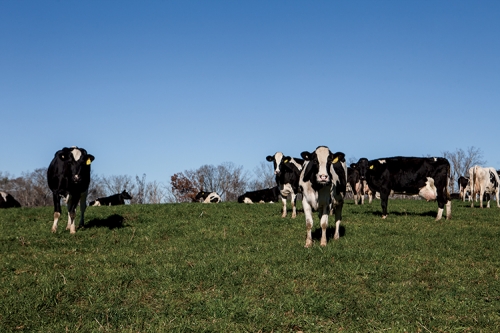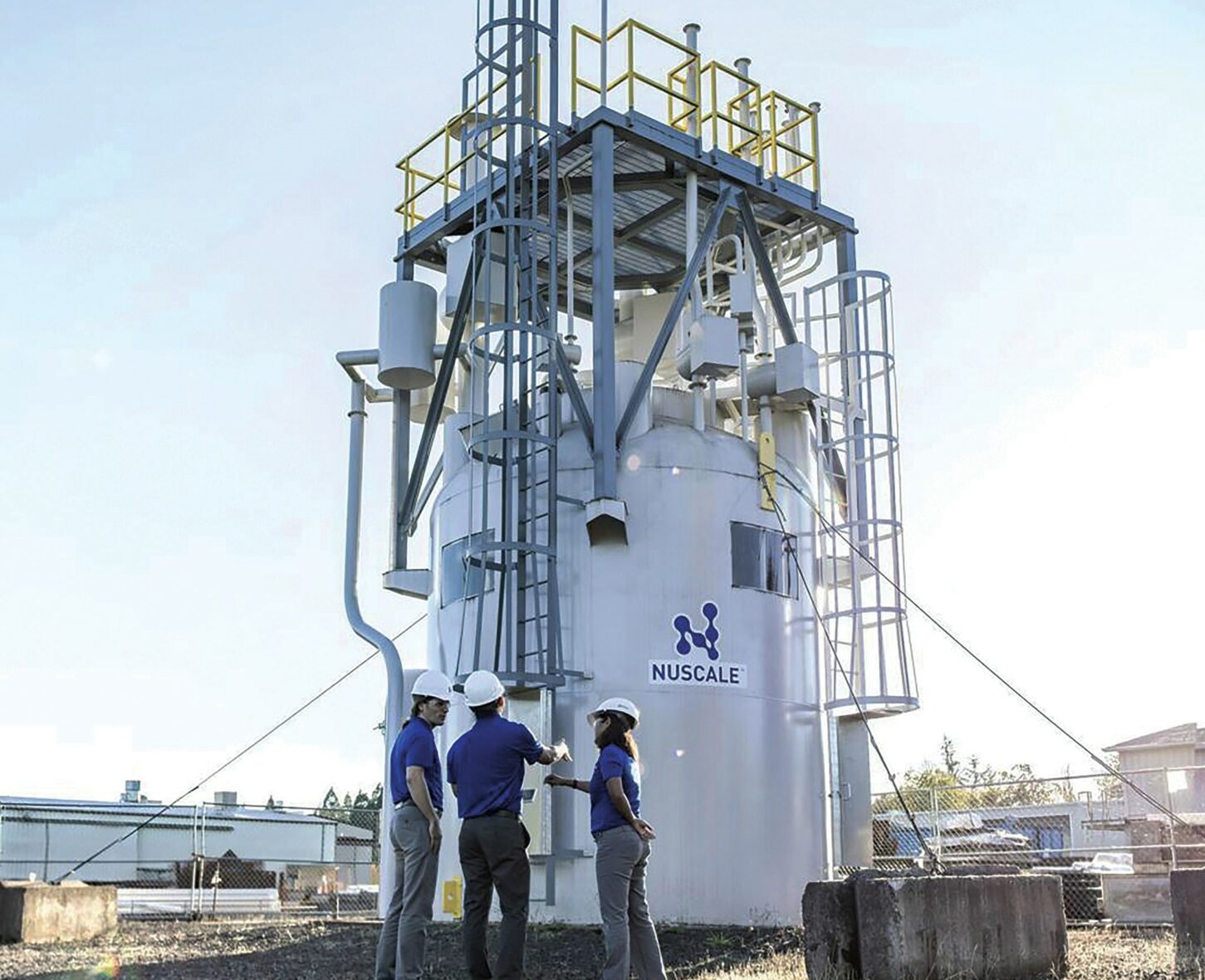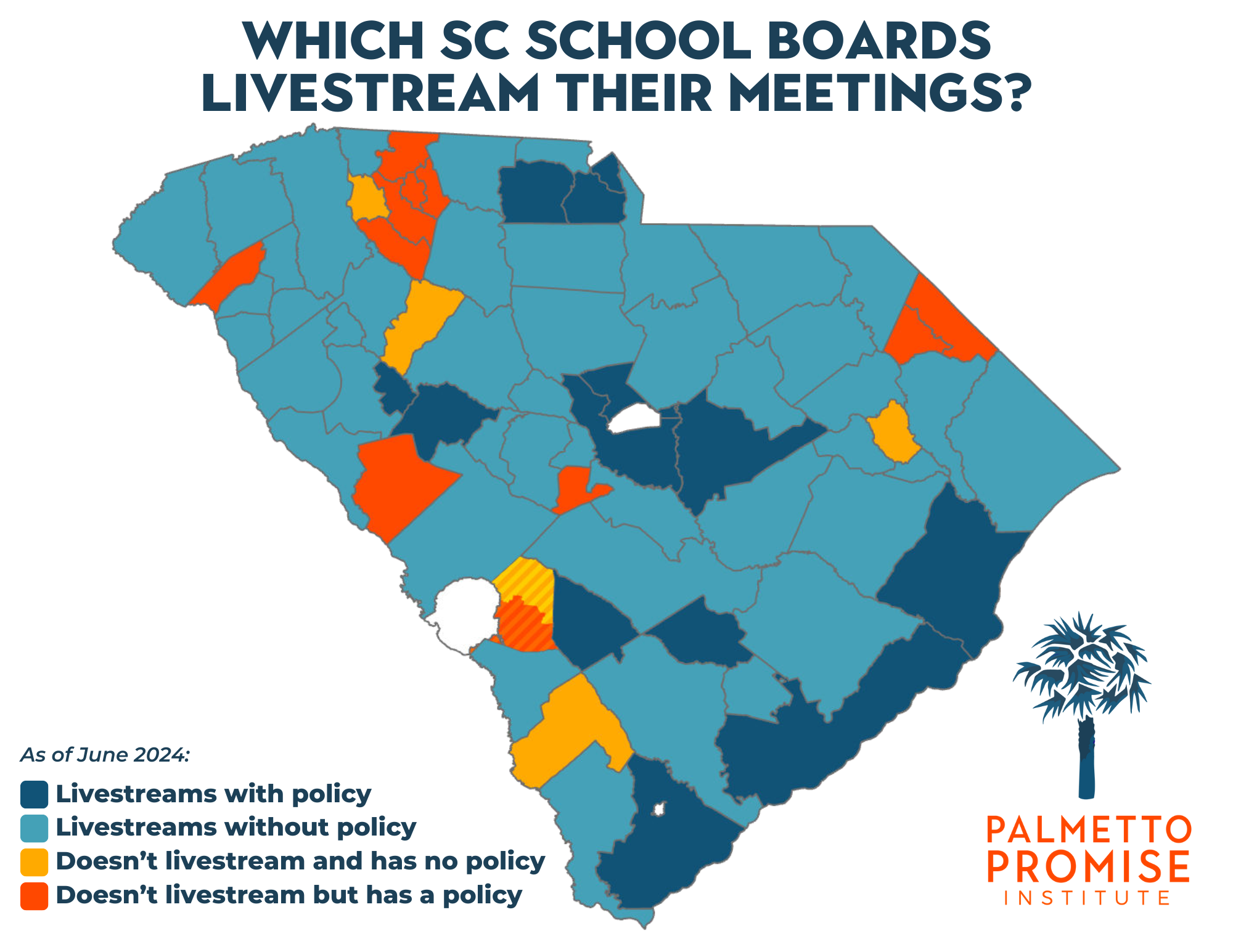Report: How SC can open more opportunities for small farmers
It’s no secret that South Carolina farmers have had a rough go of it lately.
The state lost 441 farms between 2012 and 2017, with the most rural counties losing the entirety of that figure even as urban counties gained farms. Part of that is surely due to broader trends of market consolidation as well as a slough of untimely droughts and hurricanes – but could outdated and entrepreneurship-killing regulations be contributing too?
Last month, the Raleigh-based John Locke Foundation released their “Freedom to Farm” report, examining specifically meat processing and dairy laws in seven Southern states, including South Carolina. It is a timely report, given the turmoil that both industries have faced in the past year and the slow decline of South Carolina’s dairy and cattle industry.
Unfortunately, dairy and processing legislation is a mixed bag for our state.
Although sometimes a little constricting upon individual dairy farmers, federal sanitation laws don’t pose significant problems, and South Carolina is the only one of the seven states profiled that allows raw milk sales—albeit bounded by intensive safety regulations—which gives us a measure of comparative flexibility relative to other states.
Meat processing laws, though, have presented more difficulties.
Federal laws now require that all processors be held to USDA sanitation standards, even for meat sales that don’t cross state lines. As highlighted in the Locke report, this federal oversight of intrastate commerce is unusual in and of itself.
All processors must have safety plans (called HACCP plans) for each individual cut of meat, which start at an average upfront cost of $13,540 per plan for small processors. Each processor must also install Sampling Plans for testing, estimated at $39,098, and Sanitation Standard Operating Procedures, costing roughly $21,102. Furthermore, regulatory compliance training for production employees chimes in for $2,297 apiece.
It will come as no surprise, given these regulatory costs, that only 25% of small meat processors had formalized process controls in place prior to HACCP guidelines taking effect, while 42% of large processors did. There simply wasn’t the need for across-the-board laws when smaller and mid-sized plants do not face the same sanitation risks as larger plants.
Indeed, the cost of regulatory compliance has been greater across the board for small plants because they tend to produce more specialized products and provided the whole suite of meat processing services like slaughter, processing, packing, and freezing for multiple types of livestock under one roof.
To make matters worse, compliance with the host of expensive and often vague standards for plant design and operations is too often guesswork for farmers, who are left to the tender mercies of a local inspector’s interpretation.
As detailed elsewhere, these laws have effectually discriminated against small processors (and by extension, small ranchers and rural consumers) and have created an artificial concentration of power in the hands of the meat processing oligopoly.
The typical government solution to any problem is, of course, to spend money.
This summer, the USDA announced it would allocate $500 million in American Rescue Plan funds to jumpstart meat processing in the nation. Reportedly, the funds will emphasize smaller processors.
The Carolina Farm Stewardship Association requested that half of the funds go to support small and mid-sized processor expansion, with another $50 million to go toward employee training and technical assistance. “For direct market producers,” they write, “access to processing facilities and high-quality processing services is at a premium in normal times, and these bottlenecks have become worse during the ongoing COVID-19 pandemic.”
This would be a wise use of the federal funds, and the South Carolina Department of Agriculture (SCDA) similarly favors infrastructure improvements for processors.
With limited resources and jurisdiction, South Carolina has taken a slightly different route in recent years. Instead of subsidizing the creation of meat processors, the state has focused efforts on supporting innovative companies that sell directly to the consumer. The SCDA’s Agribusiness Center for Research and Entrepreneurship (ACRE) has awarded grants to five dairies and one cattle rancher, each of whom operates under the direct-to-consumer model.
Kyle Player, executive director of ACRE, sees the difficulty of entry to farming as the crux of current problems, such as farm consolidation, farm loss, and an aging workforce.
The high costs of land and equipment make it easier for existing farmers to expand than new farms to start. For South Carolina dairies, Player relates that “if you aren’t a large producer with a retail contract, then you can’t survive. For the smaller dairies, you can’t stay in business these days unless you have a creamery with value-added products.”
All five of the dairies supported by ACRE are thriving after opening creameries to sell milk, yogurt, cheese, kefir, and other dairy products directly to consumers, instead of wholesale to processors. The grant-winning rancher, based in Chester County, ships grass-fed beef directly to consumers using flash freezing technology. Depending on which processor has availability, her beef is hauled two hours each way to USDA-certified processors in either North Carolina or the Pee Dee.
For the South Carolina cattle industry, the processing bottleneck has cramped their flexibility and productivity and discouraged start-up operations. Thankfully, there continue to be efforts in Congress to let this industry out of this unnecessary regulatory straightjacket.
The bipartisan PRIME Act, introduced in Congress every session since 2015, would do just that. By removing the federal requirement that each state have equal to or more stringent laws than USDA guidelines for intrastate meat sales, South Carolina could tailor their laws more appropriately for place and scale. Reps. Jeff Duncan, Nancy Mace, and Ralph Norman of South Carolina have co-sponsored the current iteration in the House.
Unfortunately, at least in the meat processing sphere, the strictures of legislation can only be reformed at the federal level at which they are created. The PRIME Act is perhaps the best hope at that level.
But beyond that, what can South Carolina do to help farmers?
The most influential change would be to sign South Carolina up for the Cooperative Interstate Shipment (CIS) program. Only used by nine states currently, CIS allows state-inspected processors to ship over state lines. South Carolina only has a single processor certified by federal inspectors, as is required for interstate shipments.
Because its state-inspected facilities operate at an identical level of safety requirements, joining the CIS program would be a simple way for ranchers to get access to the neighboring markets of Georgia, North Carolina, and beyond. The New Markets Act would effectively make the CIS program automatic nationwide, but it has seen little traction in Congress.
Beyond joining the CIS program, using the ACRE grant model to support processors would help reduce the regulative burden. Regardless of how USDA funds will be utilized, state funds could be allocated towards improving infrastructure and capacity for South Carolina processors or towards supporting the creation of HACCP plans for small processors.
Tennessee already uses this strategy, as that state awarded expansion grants to fourteen rural meat processors last year alone, and has invested $5.3 million in processors since the program’s launch. Finally, since training labor has been a rising challenge for processors, South Carolina should consider creating a meat processing training curriculum at technical schools within the state.
Food lawyer Baylen Linnekin writes that USDA meat processing regulations “have served to strangle the supply of meat from small farmers at a time when demand for sustainably raised meats has risen dramatically,” and South Carolina has not proven immune to this stranglehold.
Fighting it off may require some creative attack strategies, persistence in the fight, and bipartisan efforts in Congress. Recognizing the injustice and inefficiency perpetrated by these laws, however, is the necessary first step, and South Carolina has an opportunity to support small farmers with these reforms.







